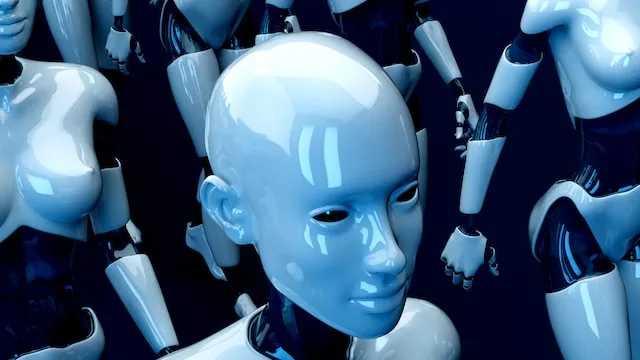Artificial intelligence and robots have long been a source of fascination and controversy. How are these technologies evolving, and how will they impact the future of the job market? In this article, we will examine the future of automated work.
Artificial intelligence and robots are already being utilized in many industrial sectors, such as manufacturing, logistics, healthcare, and customer service. Automating manufacturing processes with robots has contributed to increased efficiency and reduced costs.
However, concerns about job loss also arise. Processes previously performed by humans can be automated, leading to a decreased demand for workers in some industries. It’s worth noting, though, that automation can also create new job opportunities in areas related to servicing and maintaining these advanced systems.
The future of work may involve more hybrid models in which humans collaborate with machines. Artificial intelligence can serve as assistants, aiding in task execution and decision-making, but humans will still be responsible for creativity, empathy, and advanced management.
Education and retraining of workers are becoming increasingly important to adapt to changing market conditions. The ability to work with technology and harness artificial intelligence is becoming highly valued.
The future of automated work is dynamic and complex. Artificial intelligence and robots have the potential to enhance efficiency and streamline many processes, but they also require proper management and worker retraining to meet new challenges.

